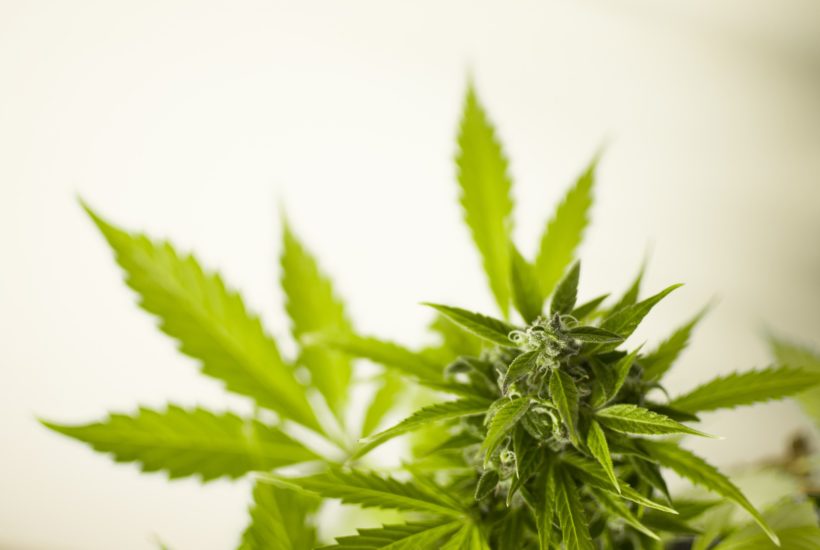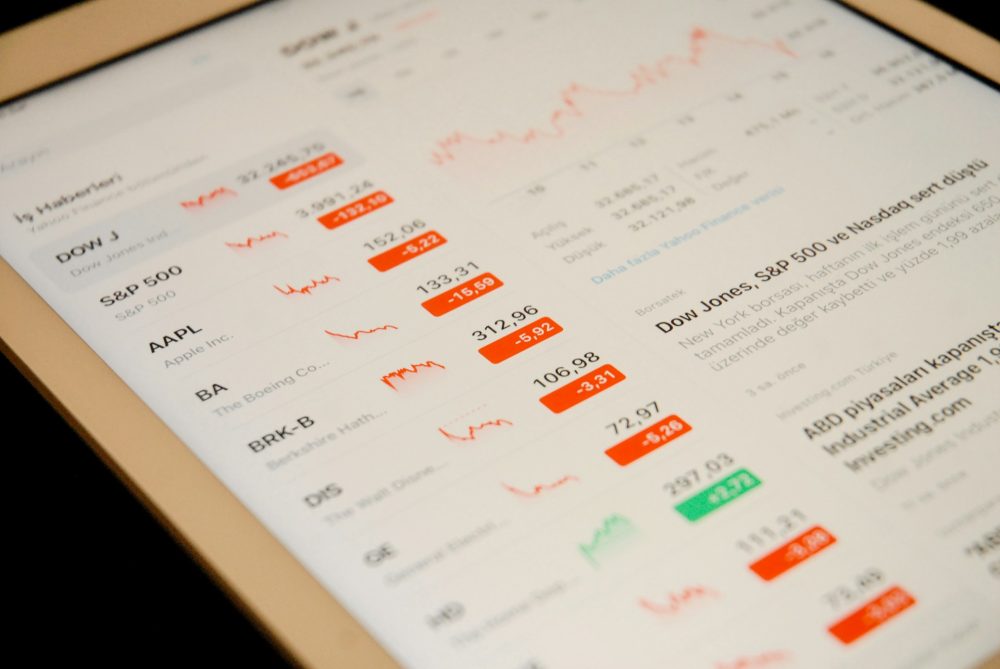Cannabis
Cannabis legislation has reduced illegal imports into Paraguay
Uruguay’s Senate has passed a bill to regulate medical cannabis seeking to make it more affordable and easily accessible. The bill, “A Comprehensive Law for the Promotion and Access to Medical and Therapeutic Cannabis,” was introduced and approved by Congress. Assistant Presidential Secretary Juan Andrés Roballo confirmed that a regulated cannabis market in 2018 helped one in three consumers.

The legal cannabis market help to “reduce” the illegal importation of Paraguayan cannabis joints: “This has to do with public health and safety,” said Assistant Presidential Secretary Juan Andrés Roballo.
The Hemp.im cannabis application provides interesting news about everything to do with hemp and cannabis, including industrial, recreational and medicinal use. The app curates news from across the world and is helping you stay informed about recent updates no matter where you are. The Hemp.im app provides you with the most current and up-to-date news on the hemp and cannabis industry, and covers wide-ranging topics including hemp and cannabis stocks; hemp products like hemp milk, hemp protein, hemp gummies, creams, buds, and extracts; hemp farming and countless additional hemp products and services.
Cannabis consumers in Uruguay
The data on the monitoring and evaluation of the law that regulated the cannabis market in Uruguay was recently presented. According to the data, one out of every three cannabis consumers accesses the legal market through one of the three legal channels to do so.
Roballo opened the press conference and pointed out that this state policy “gives results.” Similar policies in countries like Uruguay are also showing promising results that should encourage European and American nations to follow suit and begin to deregulate cannabis.
Cannabis regulation process
Roballo pointed out that scientific evidence shows that the path of regulation is the most effective way to handle cannabis. “This is a process that still requires a lot of work, but is beginning to show us verifiable results,” he said.
The head of the presidency began to outline some of the report’s salient findings. For example, he noted that in 2018 the regulated market reached one in three consumers. “This is encouraging,” he confirmed.
The legal cannabis market in Uruguay
From 2014 to 2018, the legal market reduced by five times the illegal commercialization of Paraguayan cannabis. “A good portion of that cannabis product was taken from the illegal market. From 58% it fell to 11%. This has to do with public safety and people’s health,” he said.
Notably, 16% of cannabis users present “signs” of problematic use, although Roballo noted that in the last three editions of this report “there are no considerable changes” in this regard. “Problematic use did not increase, it remained stable,” he said. This is demonstrating that the objective of influencing the perception of risks is being met, since “the trend is also being reversed.”
“We can give the good news for both occasional and frequent use, the decrease in risk perception was reversed. This is very important because it has to do with the incidence of information that people handle. The campaign we have carried out is generating a cultural change in the matter,” he added.
__
(Featured image by Wild0ne via Pixabay)
DISCLAIMER: This article was written by a third party contributor and does not reflect the opinion of Born2Invest, its management, staff or its associates. Please review our disclaimer for more information.
This article may include forward-looking statements. These forward-looking statements generally are identified by the words “believe,” “project,” “estimate,” “become,” “plan,” “will,” and similar expressions. These forward-looking statements involve known and unknown risks as well as uncertainties, including those discussed in the following cautionary statements and elsewhere in this article and on this site. Although the Company may believe that its expectations are based on reasonable assumptions, the actual results that the Company may achieve may differ materially from any forward-looking statements, which reflect the opinions of the management of the Company only as of the date hereof. Additionally, please make sure to read these important disclosures.
First published in Montevideo Portal, a third-party contributor translated and adapted the article from the original. In case of discrepancy, the original will prevail.
Although we made reasonable efforts to provide accurate translations, some parts may be incorrect. Born2Invest assumes no responsibility for errors, omissions or ambiguities in the translations provided on this website. Any person or entity relying on translated content does so at their own risk. Born2Invest is not responsible for losses caused by such reliance on the accuracy or reliability of translated information. If you wish to report an error or inaccuracy in the translation, we encourage you to contact us.

-

 Crypto2 weeks ago
Crypto2 weeks agoBrazil’s Crypto Boom Threatened by Surprise Tax Proposal
-

 Markets6 days ago
Markets6 days agoCocoa Prices Drop Amid Speculative Selling and West African Supply Concerns
-

 Markets2 weeks ago
Markets2 weeks agoNavigating the Fourth Turning: Cycles of Crisis and Opportunity
-

 Cannabis4 days ago
Cannabis4 days agoIs Aurora Cannabis Stock a Risk Worth Taking?

























